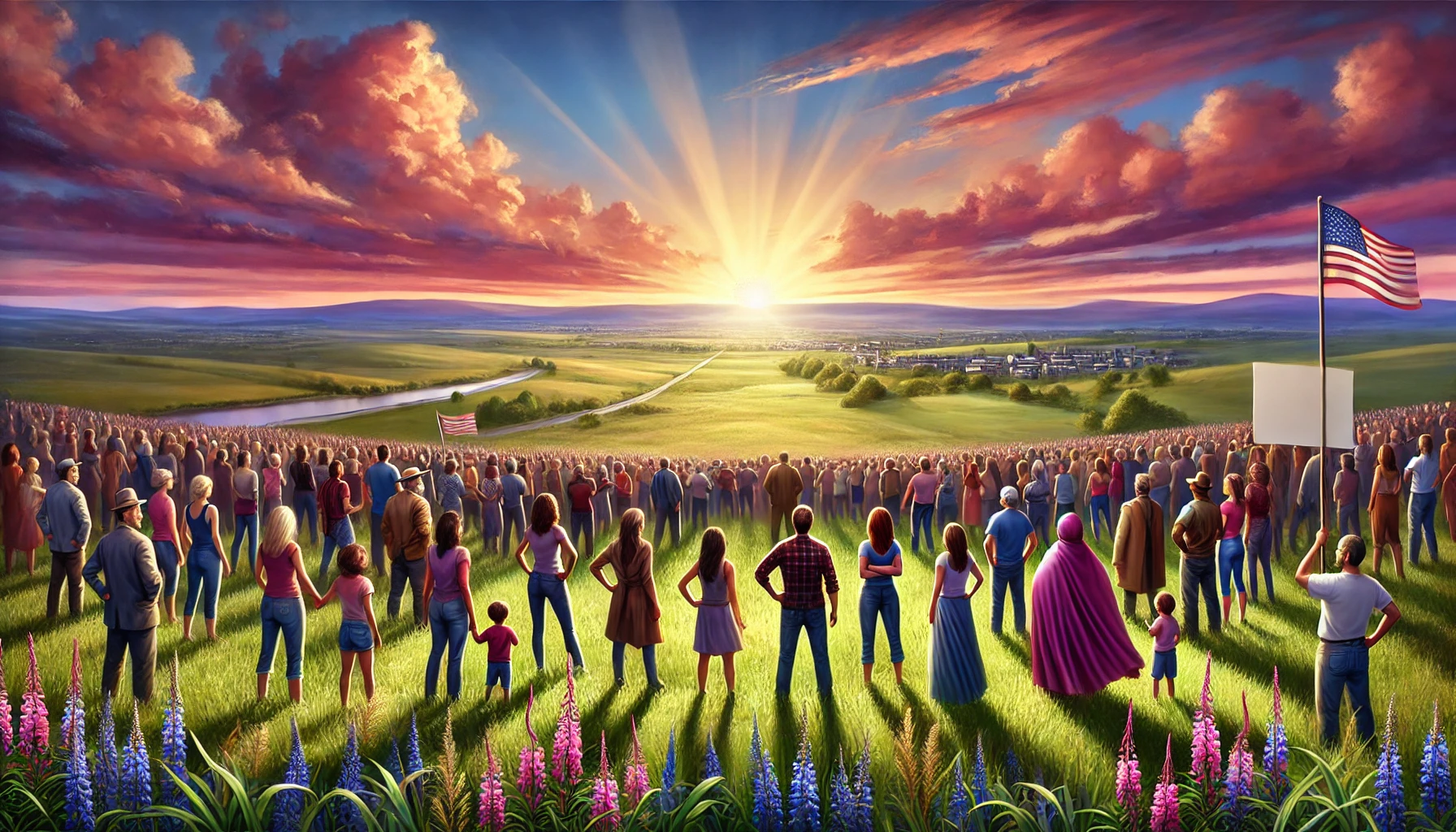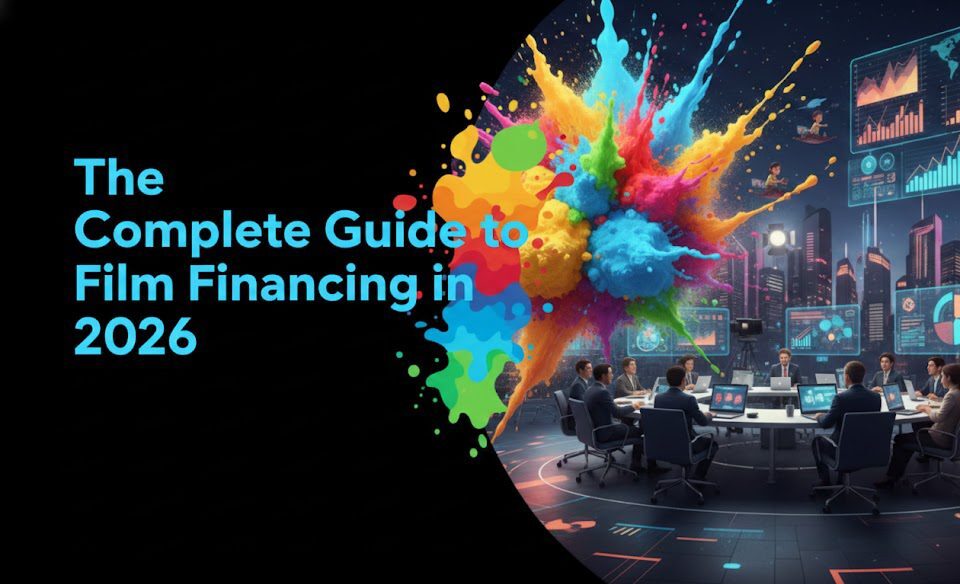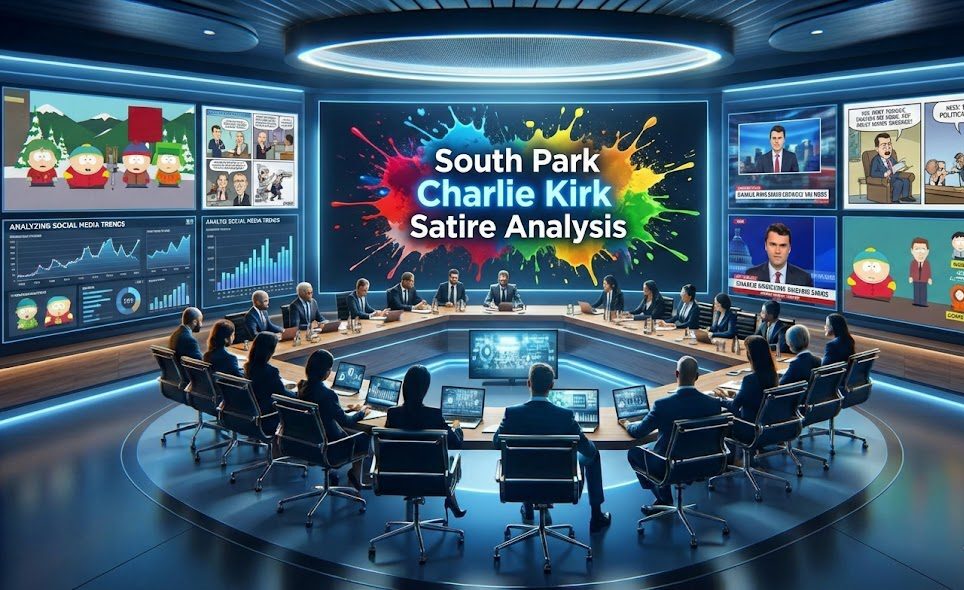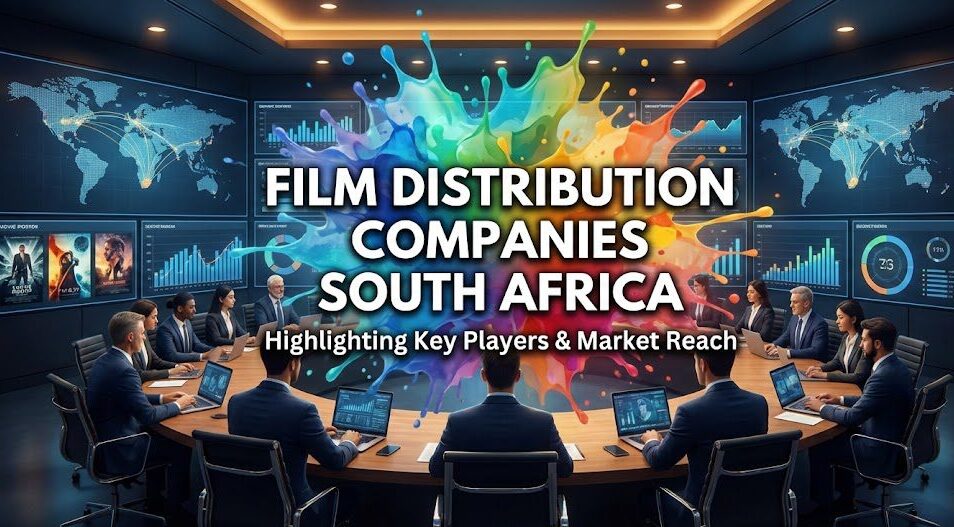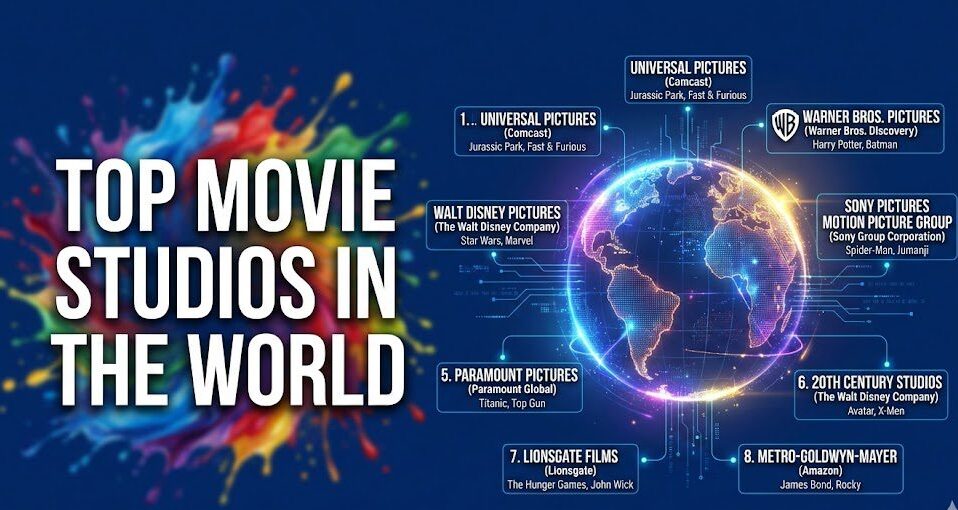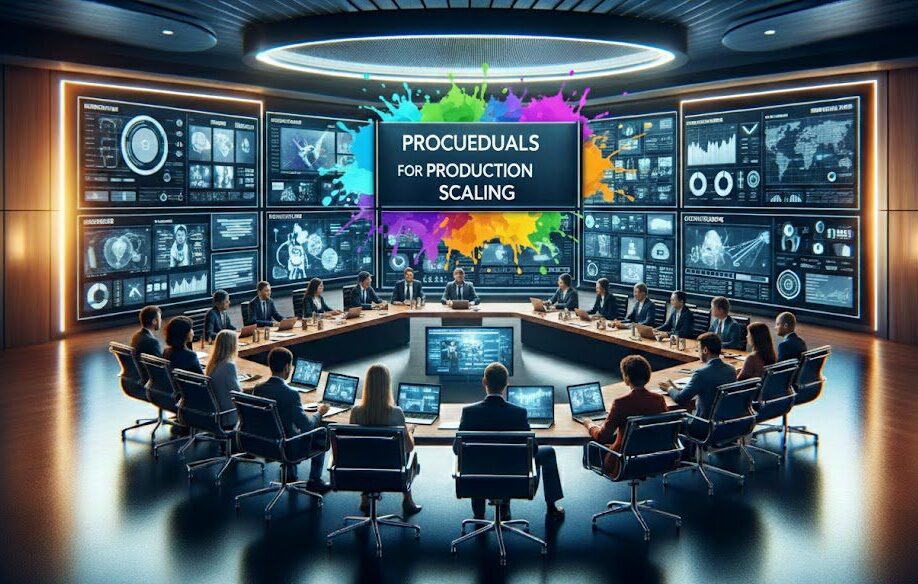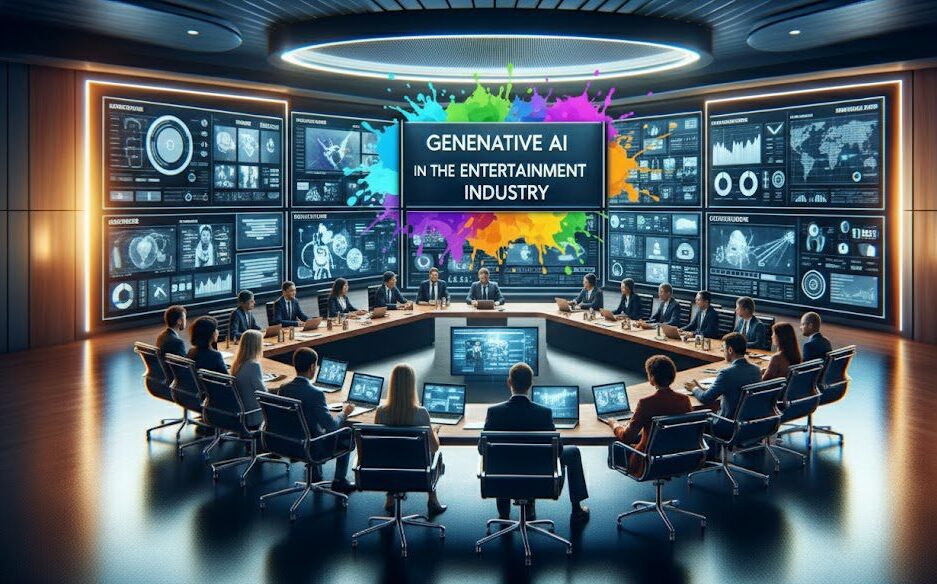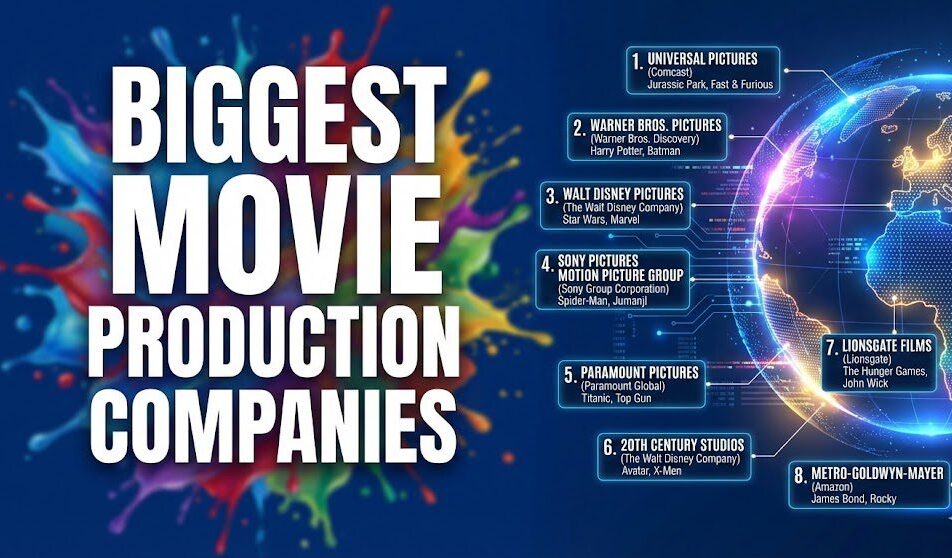Introduction
In the ever-expanding world of entertainment, character rights are the lifeblood of the industry. From beloved superheroes to animated mascots, protecting and licensing intellectual property (IP) is crucial for studios, creators, and businesses. But how exactly do character rights work? How do companies monetize, protect, and expand their franchises while avoiding legal pitfalls?
In this article, we’ll break down everything you need to know about character rights in entertainment, including:
✔️ What character rights are and why they matter
✔️ How studios protect and enforce IP rights
✔️ The different ways companies license characters
✔️ Challenges and legal risks in character licensing
✔️ How Vitrina helps industry professionals navigate character rights and partnerships
By the end of this guide, you’ll have a clear roadmap for managing and leveraging character IPs effectively, whether you’re a studio executive, content creator, distributor, or service provider in the entertainment industry.
Table of content
- Introduction
- What Are Character Rights?
- Why Character Rights Matter in Entertainment
- How Studios Protect Character Rights
- Ways to License Character Rights
- Key Legal Challenges in Character Licensing
- Case Studies: Famous Character Rights Disputes
- How Vitrina Helps with Character Rights
- Key Takeaways
- FAQs
Discover Licensing Opportunities on Vitrina

What Are Character Rights?
Character rights refer to the legal ownership and protection of fictional characters in films, TV shows, books, comics, and other forms of media. These rights ensure that creators and companies maintain control over the commercial use of their characters, preventing unauthorized adaptations, merchandising, or modifications.
Character rights typically fall under intellectual property law, covering:
- Copyright – Protects the original expression of a character in a story or artwork.
- Trademark – Protects names, logos, and distinctive elements used in branding.
- Right of Publicity – Governs the commercial use of a character modeled after a real person.
Why Character Rights Matter in Entertainment
The entertainment industry is built on iconic characters. Whether it’s Mickey Mouse, Spider-Man, or Harry Potter, these characters generate billions through movies, TV series, merchandise, video games, and theme parks.
Key Reasons Why Character Rights Are Crucial
✅ Revenue Generation – Licensing deals, merchandising, and partnerships drive major profits.
✅ Brand Protection – Prevents unauthorized use or dilution of character identity.
✅ Content Expansion – Allows companies to develop spinoffs, adaptations, and crossovers.
✅ Legal Security – Reduces the risk of copyright or trademark infringement lawsuits.
How Studios Protect Character Rights
1. Copyright and Trademark Registration
Studios ensure legal protection by registering characters under copyright and trademark laws.
2. Strict Licensing Agreements
They define how characters can be used by third-party partners, ensuring brand consistency.
3. Enforcing Rights Through Legal Action
Companies take aggressive legal measures against unauthorized use, including lawsuits and takedown requests.
4. Expanding IP Protection Internationally
Since copyright laws vary by country, major studios file trademarks globally to protect their characters.
Stay Ahead in Character Rights Management

Ways to License Character Rights
Studios and rights holders license characters for various uses, including:
🔹 Merchandising – Apparel, toys, collectibles, video games
🔹 Film & TV Adaptations – Expanding franchises through sequels and spin-offs
🔹 Theme Parks & Attractions – Universal Studios, Disneyland, etc.
🔹 Advertising & Promotions – Brand partnerships and endorsements
Each licensing deal involves royalties, usage restrictions, and quality control to maintain character integrity.
Key Legal Challenges in Character Licensing
While licensing is profitable, it comes with risks, such as:
❌ Unauthorized Use & Counterfeits – Illegal reproductions of character-based merchandise
❌ Trademark Disputes – Conflicts over similar character designs or names
❌ Character Expiry Issues – Copyright duration limits and public domain risks
❌ International IP Violations – Different laws in different markets make global enforcement difficult
Case Studies: Famous Character Rights Disputes
📌 Marvel vs. Sony (Spider-Man Rights) – A major IP battle over character ownership.
📌 Warner Bros. vs. The Tolkien Estate – Licensing disputes over Lord of the Rings characters.
📌 Disney vs. Public Domain Issues – Efforts to extend copyright protections on classic characters.
How Vitrina Helps with Character Rights
Vitrina is the go-to platform for tracking and managing character rights in the entertainment industry. Whether you’re a studio, distributor, or production house, Vitrina provides:
🔹 Deep insights into global content rights
🔹 Tracking of IP ownership and licensing deals
🔹 Access to decision-makers and industry experts
🔹 Market intelligence on character rights trends
By leveraging Vitrina, industry leaders secure, protect, and monetize character IPs effectively.
Key Takeaways
✔️ Character rights are essential for protecting and monetizing entertainment IPs.
✔️ Studios use copyrights, trademarks, and licensing agreements to safeguard characters.
✔️ Legal disputes over character ownership are common but preventable with strong IP management.
✔️ Vitrina helps track character rights, licensing deals, and market opportunities for industry professionals.
Frequently Asked Questions
Public domain characters can be used freely, but trademarks may still apply.
Yes, depending on licensing agreements and geographical IP laws.
Copyright lasts 70+ years post-creator’s death, while trademarks last indefinitely with active use.


